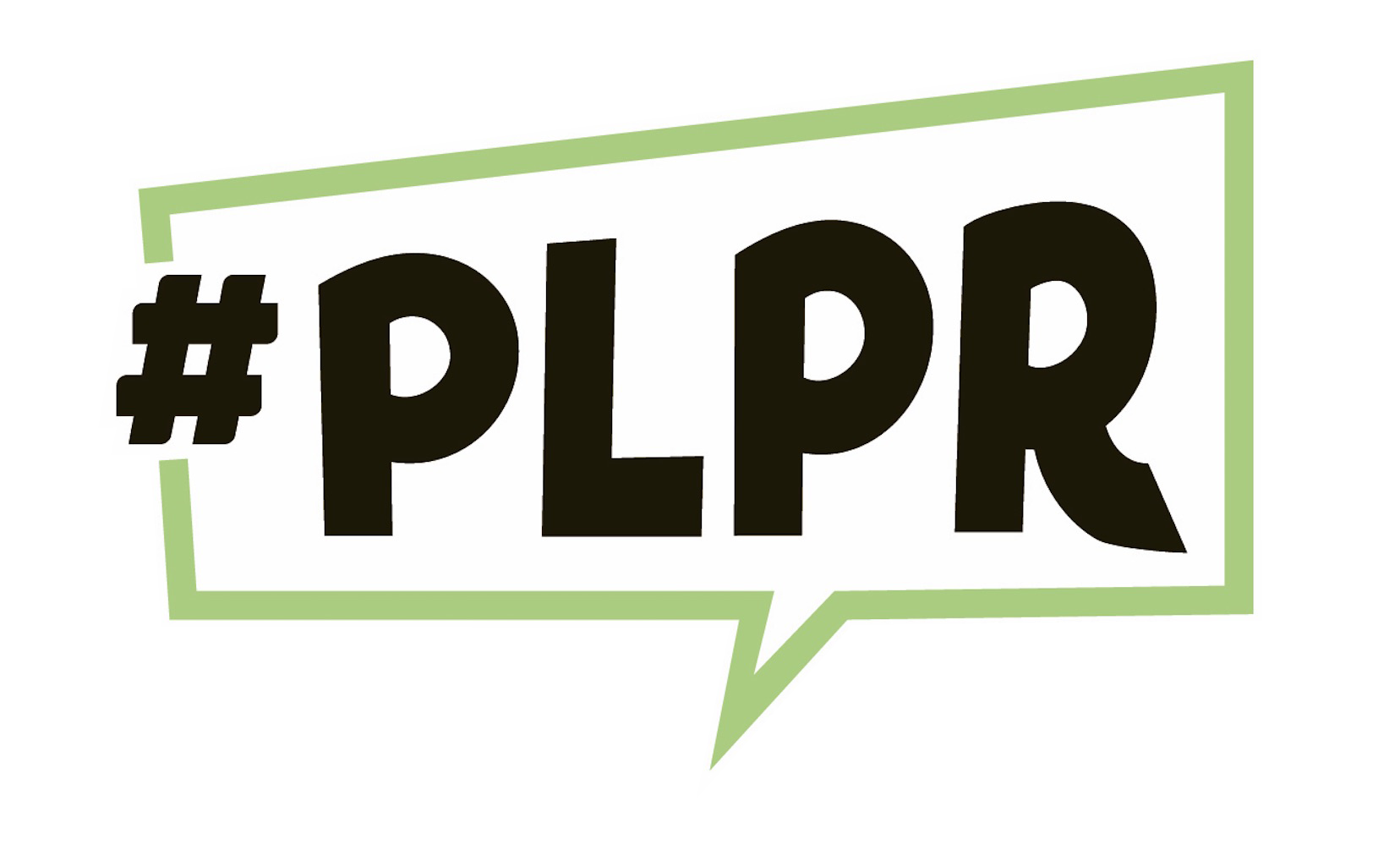2 Generations
Part 1
The jibaro builds his home
on a mountainside
the flamboyan adds its red
to the view.
The spaces between the slats
allow the music
of the pitirre’s call
to enter the home
and adds to the quiquiriqui
of the rooster that struts
his ownership of morning.
The jibaro walks the mountain,
sees that it is beautiful
and says this is enough.
The jibaro’s children are born
into this wooden home,
into this red flowering,
into this chorus of bird calls,
into the mornings
that were built
by the Jibaro’s labor
and this is enough.
Part 2
In town the cement houses
sit, solid and seem untouched
by the wind that sometimes push against
the wooden exterior of the jibaro’s mountainside home.
He places his feet upon the cold surface
of a floor that will not dirty his feet,
wanting.
He touches the roughness
of walls that leave no room
for wind or rain,
or the hillsides song to enter,
desiring.
This is better he says
as he looks to the left and to the right
and compares the walls
and the roof
and the floor,
but does not listen for the music
that is missing.
This is better he says.
This will be enough.
The jibaro’s children grow
knowing only that which the windows
of a cement home
placed at the end of a dead end street
will allow in,
knowing only that which
is imported into the home,
not pulled from the earth around it
or picked from the trees that surround it.
They have no ties to this.
They are not rooted here.
They leave.
Jump on planes and boats
find their way,
away from what is enough.
They have seen the pictures
of the city
where the rooftops
offer a place to stand
in your finery
and be sent home, more
than you were
when seated on the balcon
of the cement house
that was enough
for mama and papa.
They work
hands learning only the movement
necessary to produce
the things they cannot afford,
making only enough
to consume what they
are told is beautiful,
what they are told they need
to own, to be
more
than the wooden house
or the cement house.
They buy
wanting,
to be more.
They want more
to be more
and to be this,
they need more
than their neighbor
to the right
or the left.
This becomes the song they dance to
but even though they purchased the notes
they don’t own the music,
so they half mambo to work
to make the music
that others composed,
off key renditions
of standards
that people will consume
blindly.
Life becomes a gathering
of the unnecessary,
a wanting that does not speak of need
but leaves everyone needing
except for those who control the making,
control the work
of Maria and Jose
and Carlos and Juana.
Those whose hands do not know
the repetition
of a task that produces, own
the stitches Maria’s hands
place evenly across a garment,
own the pounding of the hammer
Jose wields as he places each nail
into the boards that support the home
he will never live in.
These belong to them
and they will gather
what is produced
and it will be
theirs.
Rewind.
Let’s go back
to the wooden house.
Remember when that was enough,
when the eye of the jibaro
caught only the color of the flamboyan?
Remember when the rooster
was the only one who claimed
the ownership of morning?
Rewind
Let’s go back
imagine a different song,
make the dance
one where everybody can learn the steps,
the music one that each of the jibaro’s children
contributes a note to,
where they see the beauty
in each other’s movements.
Where what is mine,
and what is yours,
and what is theirs,
blends into a melody
that we all take the time to listen to
and forces us into a dance
that makes want unneeded
and makes what is needed
a thing that is never wanted for.
Miranda, Samuel. "2 Generaciones." Solstice Literary Magazine, summer 2023, https://solsticelitmag.org/content/dos-generaciones-two-generations/.
Rights: Samuel Miranda2 Generaciones (trad.)
Parte 1
El jíbaro construye su casa
en la ladera de una montaña
el flamboyán brinda su rojo
a la vista.
El espacio entre los listones
permite que la música
del canto del pitirre
entre al hogar
y se suma al quiquiriquí
del gallo que se pavonea
dueño de la mañana.
El jíbaro camina la loma
ve que es hermosa
y dice que es suficiente.
Los hijos del jíbaro nacen
en la casa de madera
en su florecer rojo
en el canto de las aves
por las mañanas
que construyó
el trabajo del jíbaro
y eso es suficiente.
Parte 2
En el pueblo, las casas de cemento
se sientan, sólidas, y parecen intactas
por el viento que a veces empuja contra
el exterior de madera de la casa montuna del jíbaro.
Planta los pies en la superficie fría
del piso que no le ensuciará los pies,
a la espera.
Toca lo rugoso
de las paredes sin espacio
para el viento o la lluvia
ni para que entre la canción del monte,
deseosa.
Esto es mejor, dice,
mientras mira a la izquierda y a la derecha
y compara las paredes
y el techo
y el piso
pero no escucha la música
que falta.
Esto es mejor, dice.
Con esto es suficiente.
Los hijos del jíbaro crecen
conociendo solo aquello que las ventanas
de la casa de cemento
al final de una calle sin salida
permitirán entrar,
conociendo solo aquello que
se importa a la casa,
y no se extrae de la tierra que la sostiene
ni se recoge de los árboles que la rodean.
No tienen vínculos con esto.
No echan raíces aquí.
Se van.
Se montan en aviones y barcos
encuentran su camino
lejos de lo que basta.
Han visto las fotos
de la ciudad
donde las azoteas
ofrecen un lugar para pararse
en sus mejores galas
y los manden a su casa, más
de lo que eran
cuando se sentaban en el balcón
de la casa de cemento
que les era suficiente
a mamá y a papá.
Trabajan
las manos aprenden solo el movimiento
necesario para producir
las cosas que no pueden pagar,
ganan solo lo suficiente
para consumir lo que
les dicen es bello,
lo que les dicen que necesitan
poseer, para ser
más
que la casa de madera
o la de cemento.
Compran
deseando
ser más.
Quieren más
para ser más
y para ser eso,
necesitan más
que el vecino
a la izquierda
o a la derecha.
Se convierte en una canción que bailan
pero aunque han comprado las notas
no son dueños de la música,
así que, bailan mambo a medias hasta el trabajo
para hacer la música
que compusieron otros,
versiones desentonadas
de los estándares
que la gente consumirá
a ciegas.
La vida se vuelve una acumulación
de lo innecesario,
un deseo que no habla de necesidad
pero deja a todo el mundo necesitado
salvo por aquellos que controlan la creación,
controlan el trabajo
de María y José
y Carlos y Juana.
Aquellos cuyas manos no saben
la repetición
de una tarea que produce son dueños
de las puntadas que las manos de María
cose uniformemente a lo largo de una prenda,
del aporreo del martillo
que José blande mientras hunde cada clavo
en las tablas que soportarán la casa
en la que nunca vivirá.
Son de ellos
y acumularán
lo producido
y será
de ellos.
Demos marcha atrás.
Regresemos
a la casa de madera.
¿Recuerdan que cuando aquello era suficiente,
cuando el ojo del jíbaro
capturaba solo el color del flamboyán?
¿Recuerdan cuando el gallo
era lo único que reclamaba
posesión sobre la mañana?
Demos marcha atrás.
Regresemos
imaginemos una canción distinta
creemos el baile
uno en que todos podamos aprender los pasos,
una música a la que cada hijo del jíbaro
pueda aportar una nota,
en la que vean la belleza
en cada uno de los movimientos del otro.
En la que lo mío
y lo tuyo,
y lo suyo
se unan en una melodía
a la que todos nos tomemos el tiempo de escuchar
y nos obligue a un baile
que haga el deseo innecesario
y que haga de lo necesario
algo que nunca deseemos.
Miranda, Samuel. "2 Generaciones." Solstice Literary Magazine, summer 2023, https://solsticelitmag.org/content/dos-generaciones-two-generations/.
Rights: Samuel Miranda
